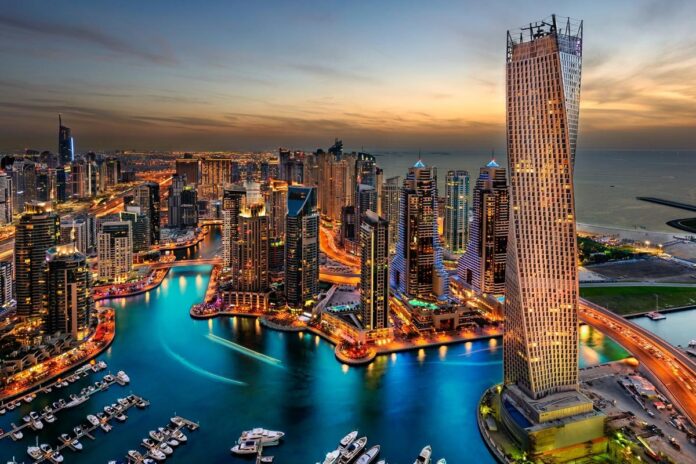DUBAI: The new law on incentivizing property investment funds will lead to a boost in foreign capital, according to Amira Sajwani, general manager of sales and development at Damac Group.
Dubai’s ruler Sheikh Mohammed bin Rashid Al-Maktoum enacted a new law on July 19 to promote the growth of real estate investment funds in Dubai.
As part of efforts to position the emirate as a global destination for investment in real estate, the law grants certain privileges to real estate investment funds, reported Emirates Media Agency, also known as WAM.
Investopedia defines a real estate fund as a type of mutual fund that primarily invests in securities offered by public real estate companies.
On the other hand, a real estate investment trust invests directly in income-producing real estate and is traded like a stock.
Among those covered by the law are all real estate investment funds licensed and regulated by government authorities, private development zones and free zones, such as Dubai International Financial Center, WAM stated.
Also, investors will be entitled to benefits that will help them invest in the emirate’s real estate market.
So how will the new law benefit the country and real estate investors?
Husni Al-Bayari, D&B Properties chairman and founder, said the new law would encourage investors and real estate funds to enter the market while increasing transparency and governance.
Moreover, it will contribute to regulating Dubai’s private development and free zones, Al-Bayari said.
As a result, high-net-worth individuals are flocking to Dubai, and this legislation will open up new areas for personal and professional relocation, Al-Bayari commented.
The register is open to applicants with real estate assets of 180 million dirhams ($49 million) or more, WAM said.
Damac’s Sajwani said that “creating a register for property investment funds gives the added value of transparency which is always good to attract more foreign entities to invest here.”
As she pointed out, the new law follows a slew of recent economic and social reforms that have increased Dubai’s appeal.
There is also a dedicated committee created by the new law that identifies which areas and properties the funds may invest in, WAM stated.
Alexey Galtsev, founder and CEO of Realiste, a personal artificial intelligence firm on real estate investing, said removing liquidity and asset management risks should help real estate investment trusts attract 15 percent more investments and support liquidity and market growth.
Dubai Land Department, the real estate registrar, will also appoint an expert to appraise properties owned by the funds, WAM added.
With real estate as one of Dubai’s focus sectors, the move comes as the city ramps up efforts to attract foreign investors.
Galtsev also said the law supports significant funds in Dubai real estate and opens the UAE market to large investment capital infusions.
Al-Bayari concluded that the UAE has recently been recognized as the preferred place for millionaires to migrate. This initiative will further elevate Dubai to the top of the affluent investor’s list.

